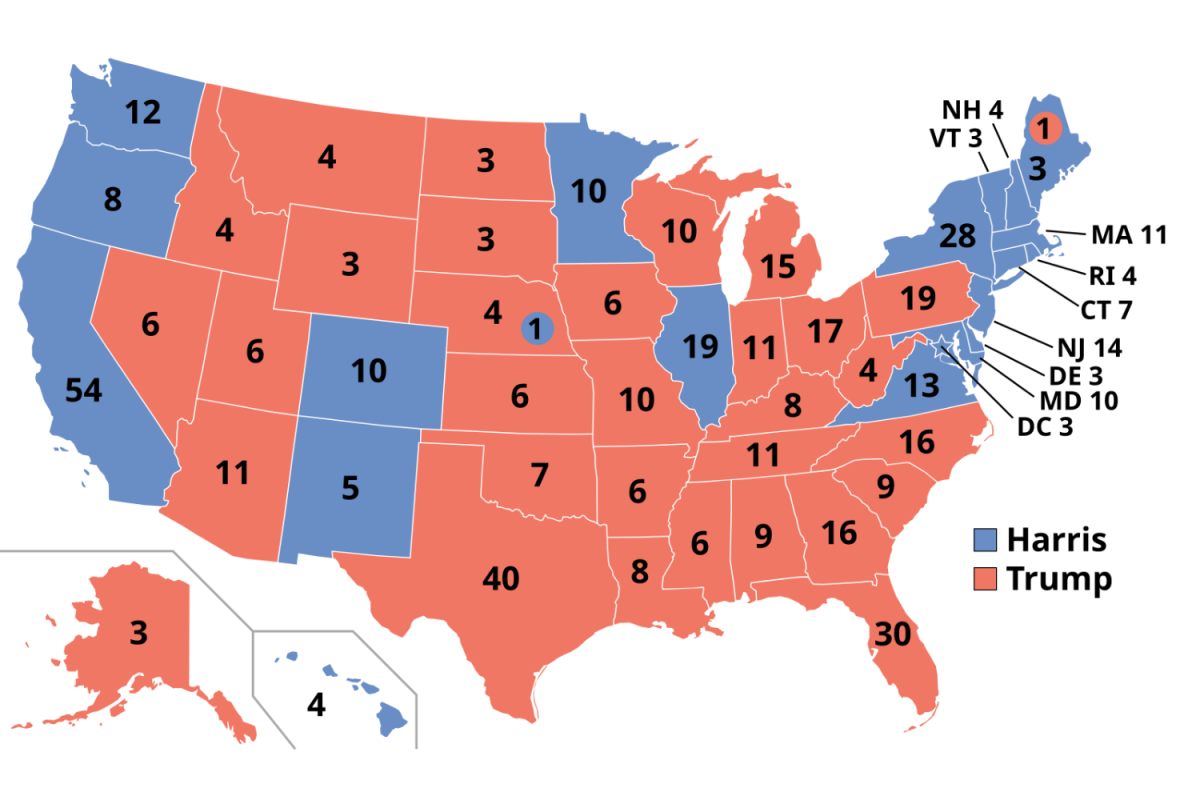On March 13 , the United States House of Representatives passed the Protecting Americans from Foreign Adversary Controlled Applications Act, a bill that would ultimately regulate the use of TikTok and similar apps controlled by a considered foreign adversary.
While this bill would not completely ban the app in the U.S. if signed into law, it would force TikTok’s parent company, ByteDance, a Chinese media company, to “divest itself of a vast majority of the ownership of TikTok,” said Illinois’ Democratic Representative Raja Krishnamoorthi.
This bill was created in response to concerns regarding Americans’ data privacy along with the growing speculation regarding ByteDance as a Chinese-owned company under the Chinese Communist Party.
“The CCP is an adversary of the United States, and this legislation [the PAFACAA] narrowly, thoughtfully and directly addresses the national security threat and protects Americans’ data,” said Florida’s Republican Representative Kat Cammack.
With issues of ownership at the forefront of this bill, there is also an important emphasis on “solving the correct problem,” said Ohio’s Republican Representative Warren Davidson.
If TikTok “divests” their interest to an American company that the U.S. government determines is not a foreign adversary, the application would continue operations in the U.S.
“Our intention is for TikTok to continue to operate but not under the control of the Chinese Communist Party,” Krishnamoorthi said.
Despite the claims that this bill would solve some data privacy issues that might exist with Chinese ownership, other concerns regarding content moderation also exist with the passage of this bill.
“The people that are sponsoring this bill today claim that the real issue is ownership, but who owns this company? It’s not 100% owned by ByteDance. 60% of it are owned by investors including American investors. 20% are owned by the founders, and 20% of it are owned by employees, over 7,000 employees,” Davidson said.
While speculation regarding TikTok and their data privacy policy has grown throughout the last year, data privacy policies of other social media platforms, including American owned companies, have been called into question as well.
“This bill is not just limited to TikTok, it is a corrosive power that can be applied to others [apps,]” Davidson said.
One of the proposed solutions is to treat TikTok and other social media platforms that have been called into question the same as other social media platforms.
“It is important that we don’t treat TikTok differently than other platforms. If we are going to address this issue, we’ve got to take the same approach to all social media platforms, we can’t just single out one,” said California’s Democratic Representative Robert Garcia.
Despite 352 votes in favor of passing the bill, and only 65 opposed, there are a few more steps required for it to be signed into law.
While this bill passed through the House, it still has not passed through the Senate. If it passes through the Senate, then the bill would go to the President’s office before it is signed into law.


































